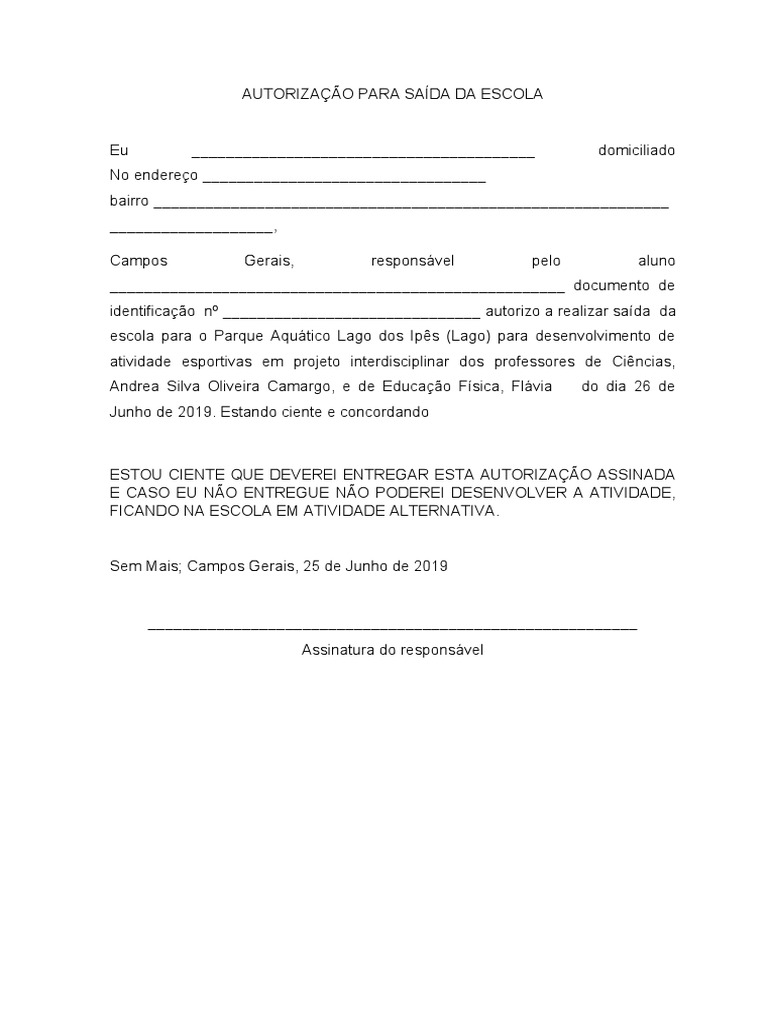French Colonialism In Mayotte: A Critical Perspective

Table of Contents
The Initial French Presence and the Process of Colonization
Early Exploration and Trade
The initial French presence in Mayotte was driven by strategic and economic interests. Early exploration and trade interactions with the local population were characterized by a mixture of cooperation and conflict.
- French East India Company Involvement: The French East India Company played a significant role in establishing early trading posts, primarily focused on exploiting resources and participating in the lucrative slave trade. This period saw the initial establishment of a French foothold on the island.
- Early Colonial Encounters: Interactions were often fraught with tension. The local population, comprised of various tribal groups, exhibited varied responses to French advances, ranging from cooperation based on mutual benefit to armed resistance. This early period laid the foundation for future conflicts.
- Shifting Power Dynamics: Gradually, French influence expanded through a combination of diplomacy, trade agreements, and occasional military interventions. This shift in power dynamics set the stage for formal annexation.
Formal Annexation and the Establishment of Colonial Administration
The formal annexation of Mayotte by France, largely solidified by the Treaty of 1841, marked a turning point in the island's history. The process involved a complex interplay of negotiation, coercion, and resistance from the Mahorais population.
- Treaty of 1841 and its Implications: This treaty, while ostensibly a cession of territory, is viewed by many historians as a product of unequal power dynamics. The signing did not represent a universal acceptance by all Mahorais factions.
- Colonial Governance and Resistance: The French established a colonial administration, imposing their laws, structures, and systems of governance. This often clashed with established Mahorais customs and traditions, leading to periods of significant resistance and conflict.
- Mahorais Resistance Movements: While fragmented, various forms of resistance to French rule emerged throughout the colonial period, reflecting the deep-seated desire for autonomy and self-determination among some segments of the population.
The Socio-Economic Impacts of French Colonialism
Economic Exploitation and Resource Extraction
French colonial rule significantly impacted Mayotte's economy, primarily through resource extraction and the suppression of local economic activities. This created a pattern of dependence that continues to influence the island's economic structure.
- Agricultural Exploitation: The colonial regime focused on the exploitation of agricultural resources, often prioritizing the production of crops destined for export to France rather than meeting the needs of the local population. This led to imbalances in the agricultural sector.
- Resource Dependency and Economic Inequality: The colonial economic system led to a situation where Mayotte became heavily dependent on France for both its economic and administrative needs, while simultaneously limiting the development of indigenous industries. This led to significant economic inequality.
- Colonial Economy and Long-Term Effects: The legacy of this colonial economic model continues to influence Mayotte's economy today, with struggles to achieve true self-sufficiency and diversification. The island's economic vulnerability remains a pressing issue.
Social and Cultural Transformations
French colonialism profoundly affected the social and cultural fabric of Mayotte, imposing French language and culture while simultaneously disrupting traditional social structures.
- Cultural Assimilation Policies: The French implemented assimilation policies aimed at integrating the Mahorais population into French society, often at the expense of local traditions and customs. This led to both resistance and adaptation.
- Language Imposition and Cultural Hybridity: While French became the official language, a hybrid culture emerged, blending French and Mahorais elements. This syncretism reflects the complex interplay between colonial imposition and cultural resilience.
- Social Disruption and Identity Formation: The introduction of new administrative and social structures frequently clashed with established Mahorais social norms and family structures, leading to significant social disruption and prompting the formation of a distinct Mahorais identity.
The Political Legacy of French Colonialism
Political Structures and Power Dynamics
The political structures established under French colonial rule reflected the power imbalance between the colonial administration and the local population. This shaped the political landscape of Mayotte in profound ways.
- Colonial Administration and Limited Participation: The colonial administration held supreme authority, limiting the political participation of the Mahorais population. Local decision-making power was largely absent.
- Political Power Dynamics and Representation: The lack of political participation fostered a sense of disenfranchisement and contributed to a growing desire for self-determination and greater political representation.
- Development of Political Consciousness: Despite the limitations, the colonial period witnessed the development of a growing political consciousness among the Mahorais population, laying the groundwork for future political struggles.
The Path to Overseas Department Status
Mayotte's current status as an overseas department of France resulted from a complex political process, shaped by referendums, negotiations, and ongoing debates about its political future.
- Referendums and Debates: Several referendums were held, offering the Mahorais population choices concerning their political alignment. These votes resulted in Mayotte becoming an overseas department of France, despite the differing opinions within the population.
- Political Status and Ongoing Challenges: Despite its status as an overseas department, the island continues to face various political and social challenges, and the debate around its relationship with France remains an active subject of discourse.
- Comorian Independence and Mayotte's Status: Mayotte's status is further complicated by the ongoing dispute with the Comoros, which claims sovereignty over the island. This unresolved issue significantly impacts Mayotte's international standing and future political landscape.
Conclusion
This critical examination of French colonialism in Mayotte reveals a complex legacy shaped by both exploitation and integration. The economic, social, and political impacts of this period continue to resonate in contemporary Mayotte, influencing the island's identity, its relationship with France, and its ongoing struggles. Understanding the complexities of this history is crucial for addressing the present-day challenges facing Mayotte and for fostering a more equitable and just future. To further explore this multifaceted historical narrative, continue your research on the lasting effects of French Colonialism in Mayotte.

Featured Posts
-
 Ufc Des Moines Tonights Fight Card Start Time
May 04, 2025
Ufc Des Moines Tonights Fight Card Start Time
May 04, 2025 -
 Sustainable Train Travel Exploring The Potential Of Wind Power
May 04, 2025
Sustainable Train Travel Exploring The Potential Of Wind Power
May 04, 2025 -
 Rodriguez Vs Robertson Ufc Iowa Fight Preview Prediction And Odds Breakdown
May 04, 2025
Rodriguez Vs Robertson Ufc Iowa Fight Preview Prediction And Odds Breakdown
May 04, 2025 -
 Bastidores Da Saida Da Empresa De Fred Luz Do Corinthians Entenda O Fim Da Parceria
May 04, 2025
Bastidores Da Saida Da Empresa De Fred Luz Do Corinthians Entenda O Fim Da Parceria
May 04, 2025 -
 Bianca Censoris Lingerie Rollerblading Outing In Italy Details Emerge
May 04, 2025
Bianca Censoris Lingerie Rollerblading Outing In Italy Details Emerge
May 04, 2025
